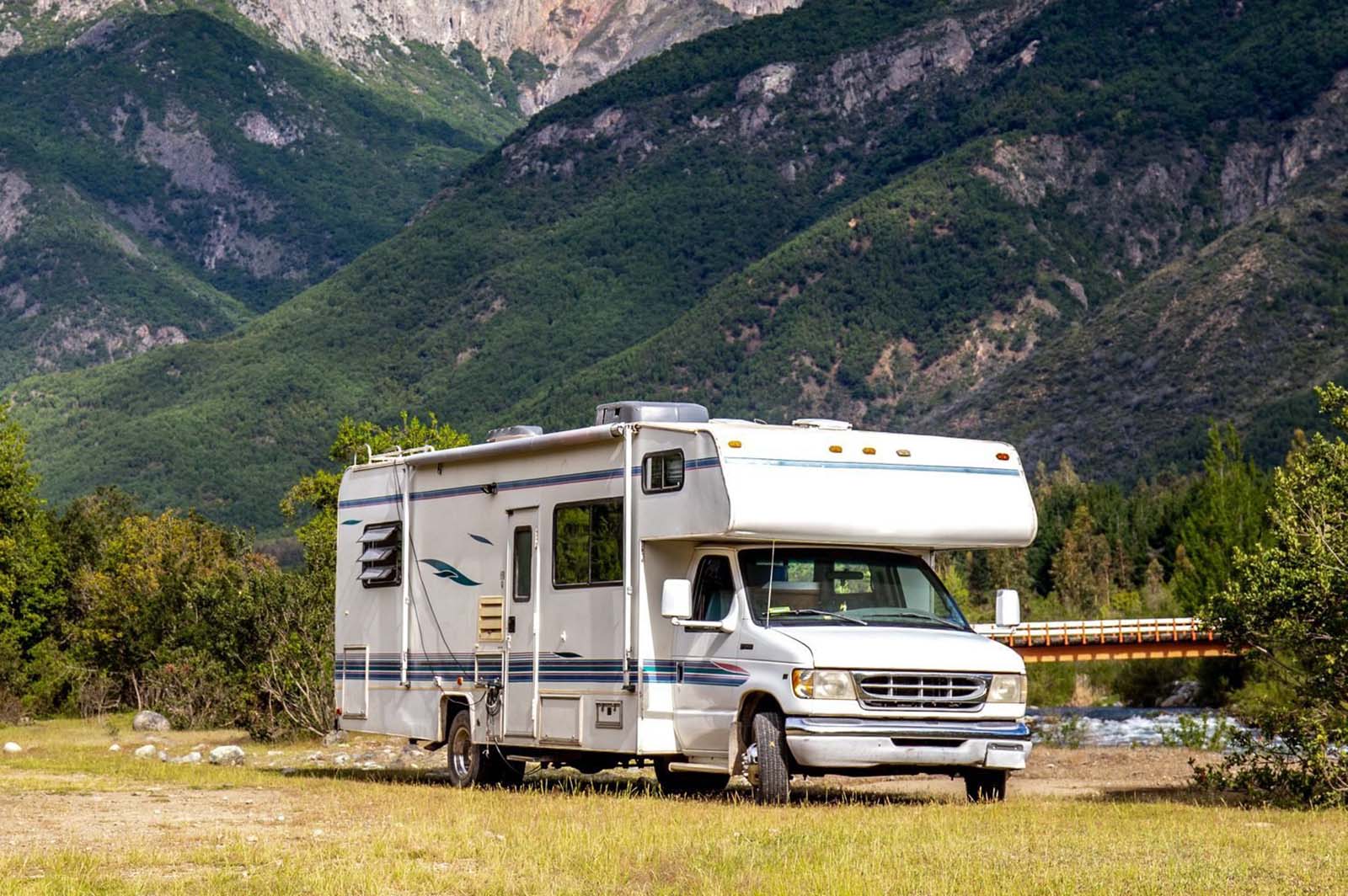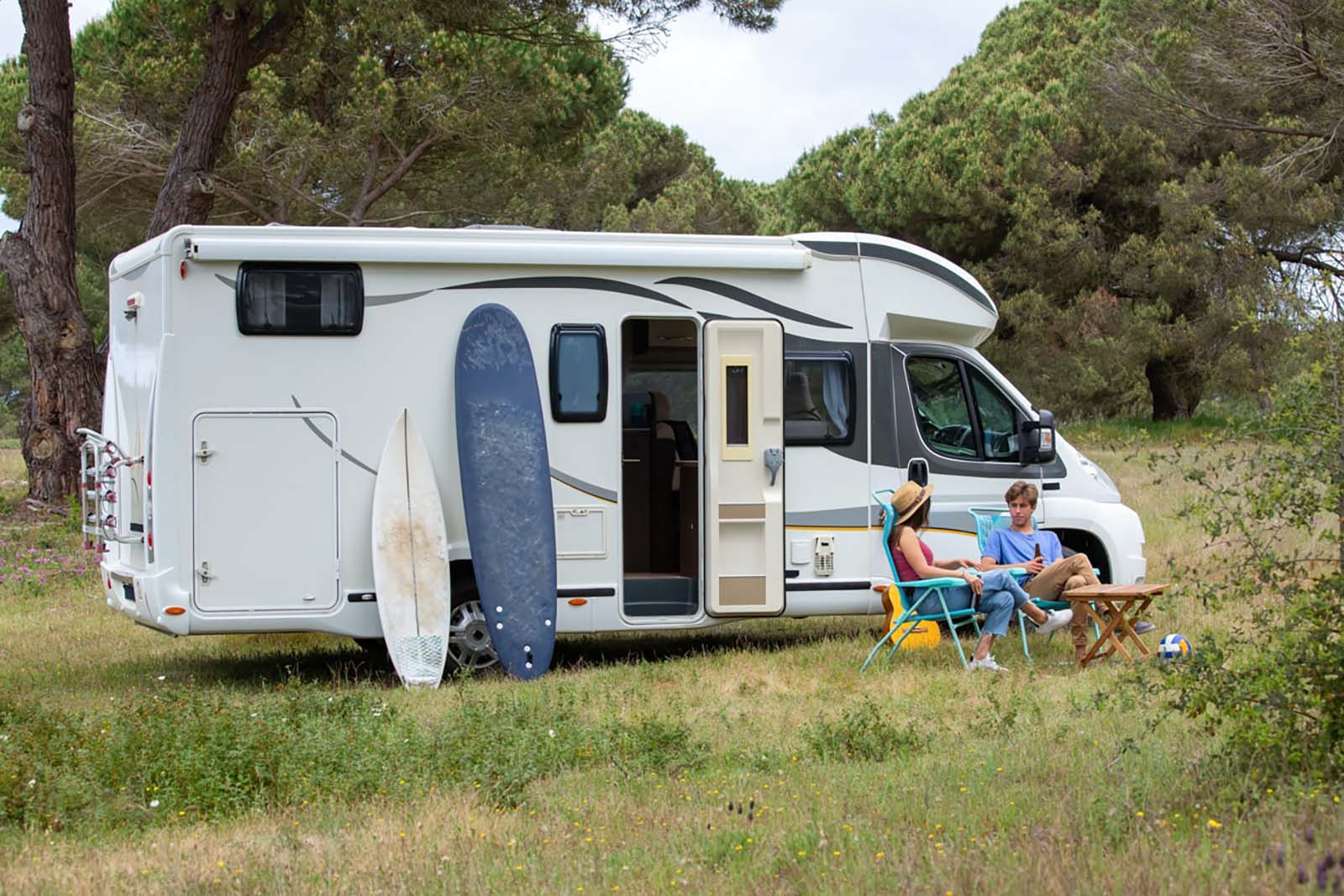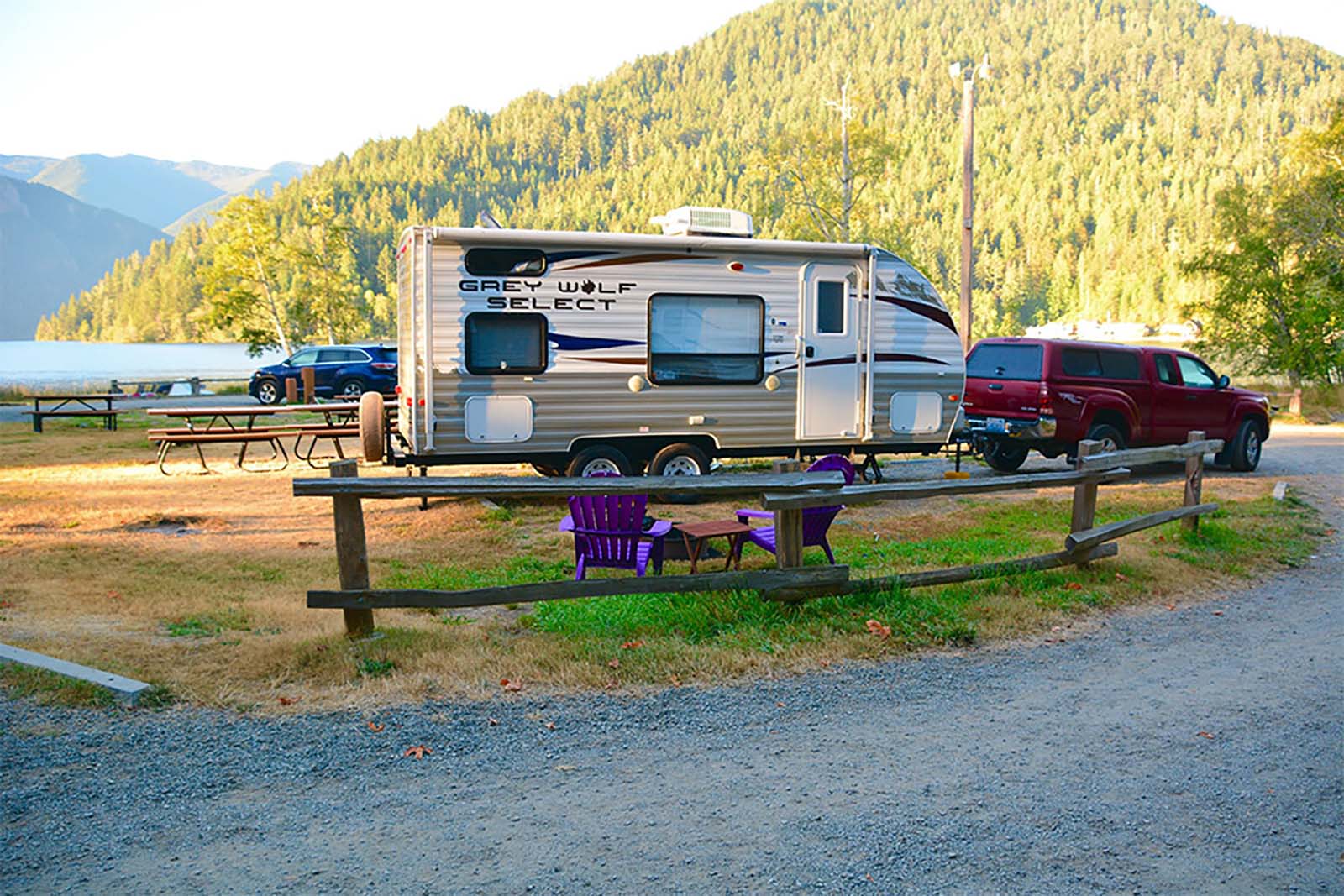Why Do My RV Batteries Keep Going Dead?

Introduction Owning an RV can provide endless adventures and the freedom to travel wherever you please. However, it can be frustrating when your RV batteries keep going dead. In this article, we will explore some common reasons behind this issue and provide solutions to help keep your batteries fully charged and ready for your next excursion.
H2: Insufficient Charging One of the primary reasons for RV battery drain is insufficient charging. When you are not connected to shore power or using a generator, your batteries will solely rely on solar panels or an inverter charger. If the charging capacity is inadequate for your RV’s power needs, the batteries may not receive enough charging to stay fully charged. Upgrading to a higher-capacity solar panel or inverter charger can prevent this issue.
H2: Excessive Parasitic Loads Parasitic loads refer to the appliances and devices that continue to draw power from your RV batteries even when they are not actively in use. Some common culprits include the fridge, TV, stereo, smoke detectors, and alarm systems. Eliminating or minimizing these loads, such as by unplugging devices when not in use or installing master switches, can significantly reduce battery drain.

H2: Battery Age and Condition As time passes, RV batteries naturally degrade and lose their ability to hold a charge. If your batteries are old or in poor condition, they are more likely to drain quickly, leaving you with dead batteries. Regular maintenance, such as checking voltages and inspecting for corrosion, can help you identify when it’s time for a battery replacement.
H2: Climate Considerations Extreme temperatures can have a significant impact on your RV batteries’ lifespan and performance. In cold weather, batteries may struggle to maintain a charge, resulting in frequent dead batteries. On the other hand, in scorching heat, batteries may become overworked and prone to premature failure. Insulating or using battery heaters in cold weather and providing adequate ventilation in hot weather can help mitigate these issues.
H2: Inefficient Battery Charging Settings Some RV owners may unknowingly have incorrect charging settings on their battery charger or inverter charger. For example, applying the wrong charging voltage or using the wrong charging profile for your battery type can lead to inefficient charging and accelerated battery deterioration. Consult your manufacturer’s guidelines or seek professional help to ensure you have the appropriate charging settings for your RV batteries.

Conclusion Keeping your RV batteries from going dead requires attention to various factors such as charging capacity, parasitic loads, battery age and condition, climate considerations, and charging settings. By addressing these issues and implementing the recommended solutions, you can enjoy worry-free RV adventures with a reliable power supply. Remember to regularly inspect and maintain your batteries to extend their lifespan and maximize their performance.

